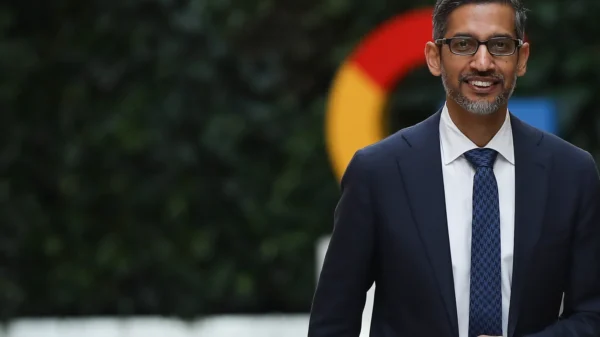Former President Duterte Runs for Davao Mayor from ICC Custody
Duterte Launches Mayoral Bid from The Hague
Former Philippine President Rodrigo Duterte, currently detained at the International Criminal Court (ICC) in The Hague on charges of crimes against humanity, has filed his candidacy for mayor of Davao City. The unexpected move comes ahead of the May 12 midterm elections and has ignited political debate nationwide.
First Time an ICC Detainee Seeks Local Office
This marks an unprecedented moment in Philippine political history—Duterte is the first known detainee of the ICC to formally seek elective office. Legal experts are still evaluating the constitutional implications of his candidacy, though Philippine election laws do not explicitly bar individuals in detention from running for office.
Symbolic Return to Political Roots
Duterte previously served as mayor of Davao City for over two decades before ascending to the presidency in 2016. His return to the local political arena—albeit remotely—symbolizes a reassertion of his influence in his hometown and a potential power play amid his ongoing international legal battle.
Strategic Move to Preserve Political Capital
Analysts believe Duterte’s candidacy is a calculated effort to retain relevance within Mindanao politics and shield his family from losing its hold on power. His son, Sebastian “Baste” Duterte, is the outgoing mayor and is reportedly supporting his father’s re-entry into city hall.
Comelec Confirms Validity of Candidacy
The Commission on Elections (COMELEC) has confirmed that Duterte’s candidacy papers were filed through a legal representative. Officials noted that under Philippine law, being in detention does not automatically disqualify a candidate unless there is a final conviction.
Supporters Rally Behind Former President
Duterte’s base in Davao remains loyal, with supporters expressing excitement and solidarity following the announcement. Posters, rallies, and social media campaigns calling for “Justice and Leadership” have emerged throughout the region, reinforcing his popularity among constituents.
Critics Condemn the Political Comeback
Human rights groups and political opponents have criticized Duterte’s move, calling it a “mockery of justice” and “a distraction from accountability.” They argue that running for office while facing serious charges undermines international and domestic efforts for justice.
ICC Trial Progresses Amid Political Drama
Meanwhile, proceedings at the ICC continue. Duterte faces charges related to thousands of extrajudicial killings allegedly carried out during his controversial war on drugs. His legal team has contested the jurisdiction of the court, though multiple petitions have been denied.
Family Dynasty in Davao Under Scrutiny
The Duterte family’s political dominance in Davao City is once again under the spotlight. Critics argue that the family’s grip on power has allowed them to consolidate resources, influence local policy, and deter political challengers over the past two decades.
Potential Impact on Local and National Politics
Duterte’s candidacy could have ripple effects on national politics. His reemergence, even symbolically, may embolden allied candidates and serve as a rallying point for factions disenchanted with the current national administration’s direction.
Legal Experts Weigh in on Candidacy Questions
While Duterte has not been convicted, legal scholars are questioning how a mayoral role could function from abroad. “If elected, he may still be unable to physically assume office. This creates a legal gray area regarding governance,” said Atty. Lorna Kapunan, a constitutional law expert.
Opposition Candidates Call for Disqualification
Rival candidates in Davao are preparing formal disqualification cases, citing the ethical and practical concerns of allowing a detainee under trial for human rights violations to occupy public office. Petitions are expected to be filed before the elections.
International Reactions Remain Mixed
Foreign observers and human rights organizations have responded cautiously. While many countries maintain that the democratic process must be respected, they have also emphasized the importance of judicial proceedings and accountability for crimes against humanity.
Duterte’s Defense: “This Is the People’s Will”
In a written statement released through his lawyer, Duterte said, “This candidacy is not about politics. It is about service, justice, and the will of the Davaoeños. I will serve them again, in whatever way I am allowed.” The message has been widely circulated by pro-Duterte media platforms.
Conclusion: A Legal and Political Crossroads
Rodrigo Duterte’s bid to return to local office from ICC detention represents a bold—and controversial—challenge to conventional politics and international law. As legal proceedings continue and election day approaches, the Philippines finds itself at a crossroads, balancing the principles of democracy, justice, and the rule of law in one of the most complex electoral narratives in recent history.



































